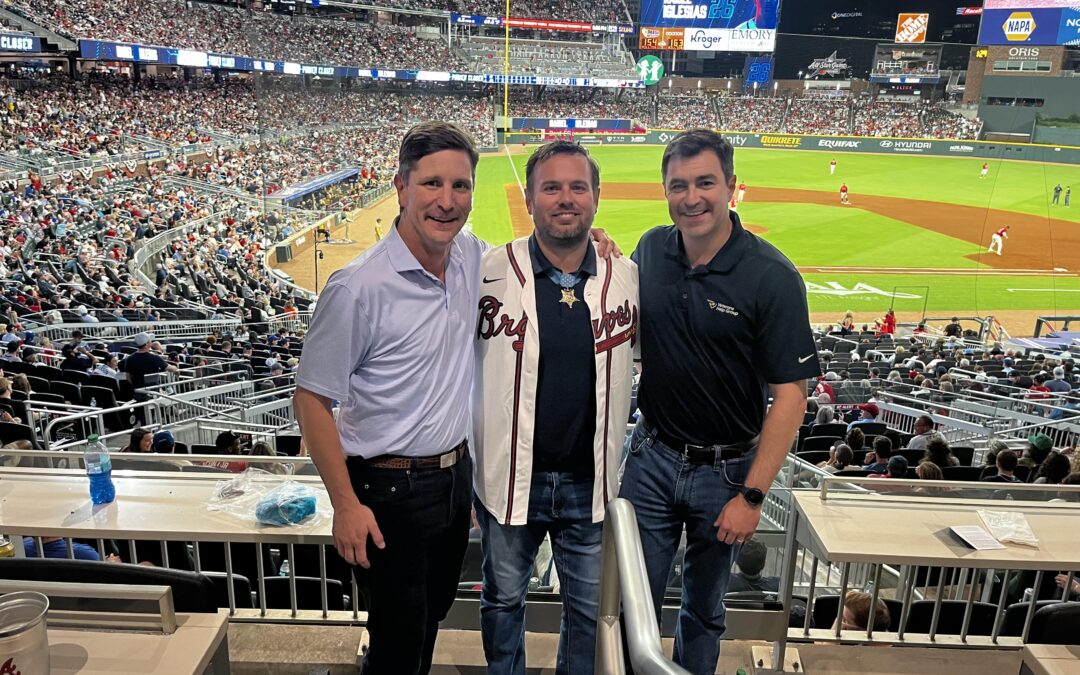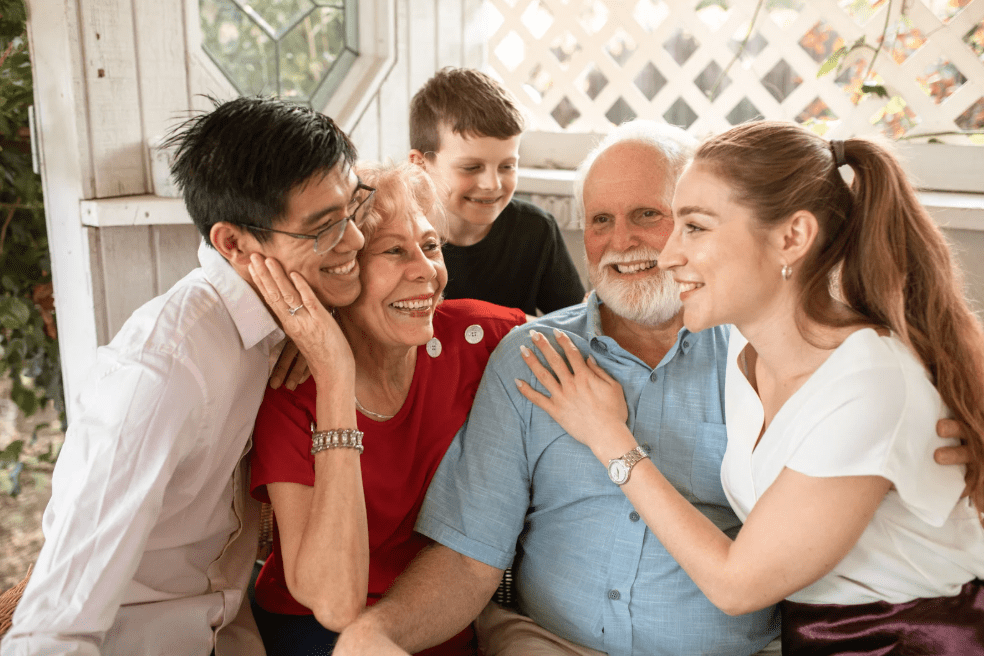Table Of Contents
Every segment and demographic of the population gets into trouble from time to time. Veterans are no different. They commit crimes too. These may range from petty crimes such as shoplifting, drug possession or vagrancy to more serious violent crimes. It is for the lesser crimes that the normal judicial punishments may do more harm than good for the veterans, thus Veterans Treatment Courts were established.
The first court of its kind was created in 2008 in Buffalo, NY. As of November there were 257 such courts across the country with at least ten more set to open before the year is out. The identified problem was a high percentage of veterans were struggling with issues such as PTSD, drug addiction, traumatic brain injury and military sexual trauma. The usual judges might only have a veteran in front of him/her every so often. The goal is to then have a judge that hears exclusively matters involving veterans so that they may be more in tune with the needs of the veteran.
Treatment Courts Address Underlying Causes of Crime
Superior Court Judge Julia Jent from Porter County, IN said that the program addresses the underlying causes and issues when the veterans are arrested and provides alternatives to incarceration while holding the offenders responsible for their actions. The judges have the discretion to dole out punishment and rehabilitation that other courtrooms would otherwise lack.
Last week Secretary of Veterans Affairs Eric K. Shinseki spoke at the National Association of Drug Court Professionals Inaugural Veterans Treatment Court Conference in Washington, D.C. In recognizing Judge Robert Russell, who launched the pilot system in Buffalo, Secretary Shinseki said of him:
Instead of either jailing Veterans, who have been brought up on charges, or releasing them back to the streets, you have underwritten treatment as a powerful option for dealing with those who have broken our laws.
The VA is in full support of these special courts. Many of the veterans’ crimes may be born out of readjusting to civilian life. Traditional forms of punishment do not serve to help the veteran.
Veterans Treatment Court Locations
As of the end of October, here are the places in Indiana and Florida with a Veterans Treatment Court:
- Anderson, IN
- Floyd County (IN)
- Grant County (IN)
- Greenwood, IN
- Porter County (IN)
- Vanderburgh County (IN)
- Brevard County (FL)
- Broward County (FL)
- Okaloosa County (FL)
- Palm Beach County (FL)
- Seminole County (FL)
To see if there is a court in your area, go to the Justice for Vets website.
More News for Veterans

Veterans Help Group Serving Our Community
Veterans Help Group Serving Our Community By Bobbi Boudi, Director of Community Outreach & Amy...

How Much Back Pay Will You Receive?
What is VA Disability Back Pay? VA disability back pay is payment for benefits the veteran was...

Your Guide to VA Ratings: Sleep Apnea
Your Guide to VA Ratings: Sleep Apnea Sleep apnea can be a serious condition that may impact...





